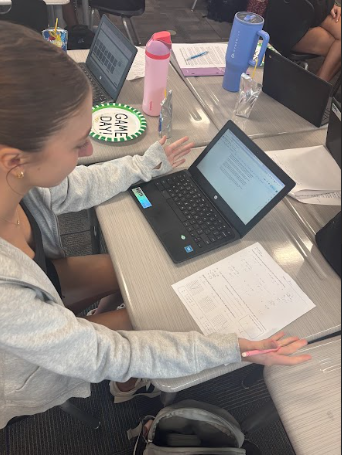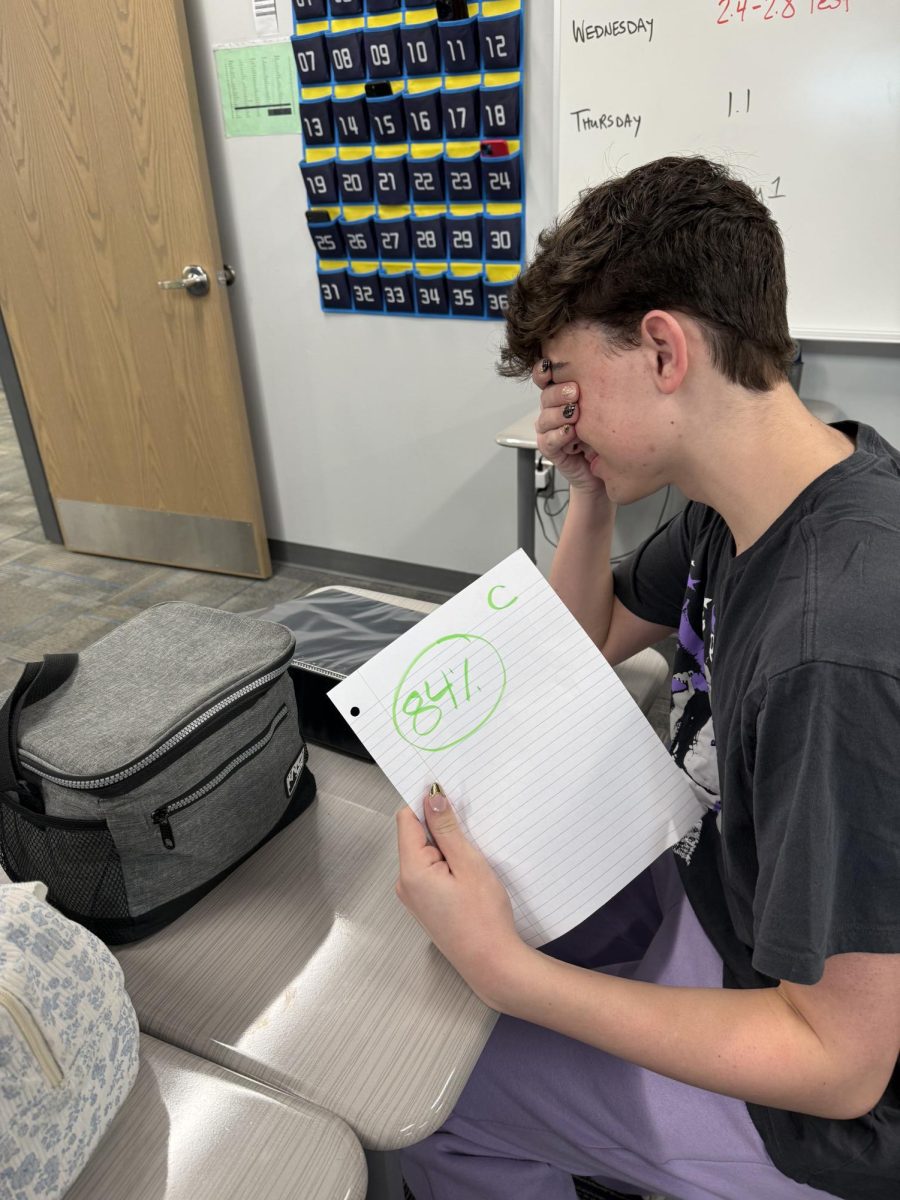
For so many years, teachers and students have been prisoners of the bell, cramming loads of information into 50-minute class periods. Today, a growing number of schools are breaking free of this cycle with block scheduling, which gives schools a calmer and more focused school day.
Block scheduling is a form of organization for the school day, where instead of having seven classes in a day, there are just four longer classes a day. In Nebraska, many high schools, like Omaha Westside, Fremont, and Burke use this form of scheduling.
While some may think that it would be hard to shift to a different routine, the students could get used to the scheduling. In fact, students would benefit from having less classes to worry about and more class time to work and be more engaged.
“I would just have a lot less on my plate,” senior Emily Bonoan said. “I wouldn’t have to worry about all seven or eight classes of homework in one night. I could just do four classes of homework in one night.”
With longer class periods, students also get more time to understand a topic.
“I think block scheduling can be beneficial to students in subjects like science where we need extra time to do labs,” former Burke High School teacher Brook Sieff said. “It can be great for math when you can have extra time to do practice, but it’s also hard for classes exactly like math because you only meet every other day.”
With fewer classes in one day, students also get more opportunities and time to take more niche courses or college classes. Since AP classes are very time consuming, having a longer period would help students get more work done. At Elkhorn North, many students are in AP classes and many always hear them talking about how they have so much homework, because of the limited class time.
On top of that, many students are also in extracurricular activities, which means they have seven fifty minute class periods, then extracurriculars, then they go home to do all their homework, and next thing they know it’s nine o’clock.
“I am in two APs and after school it can be busy”, Junior Ashlyn Wellman said. “Whether I have a softball game or practice I always have homework after and end up going to bed super late.” With so much going on everyday, students never seem to get a break.
Additionally block scheduling would benefit not only the students but also the teachers. With fewer classes each day, block scheduling gives teachers more time to plan lessons, and give personalized attention to students.
“It definitely gets busy, having seven classes as opposed to four,” Sieff said. ” I sometimes forget that I don’t have as long of a class as I used to, classes just feel shorter.”
With longer class periods, teachers are able to teach in a more thorough way, and students can have time to go up and ask questions, instead of being rushed through a lecture. They can incorporate diverse teaching methods and better their instructional strategies.
Some critics of block scheduling have concerns that students can’t focus for 90 minutes, but there are simple solutions; for example, to keep students focused, teachers can chunk lessons to keep the students engaged or give consistent homework for students to stay in the rhythm of a class.
“I think that block scheduling is great for organizing a large number of people in a space that’s a little too crowded,” Sieff said. “I think there’s a lot of pieces that do get lost when not in block schedules.”









